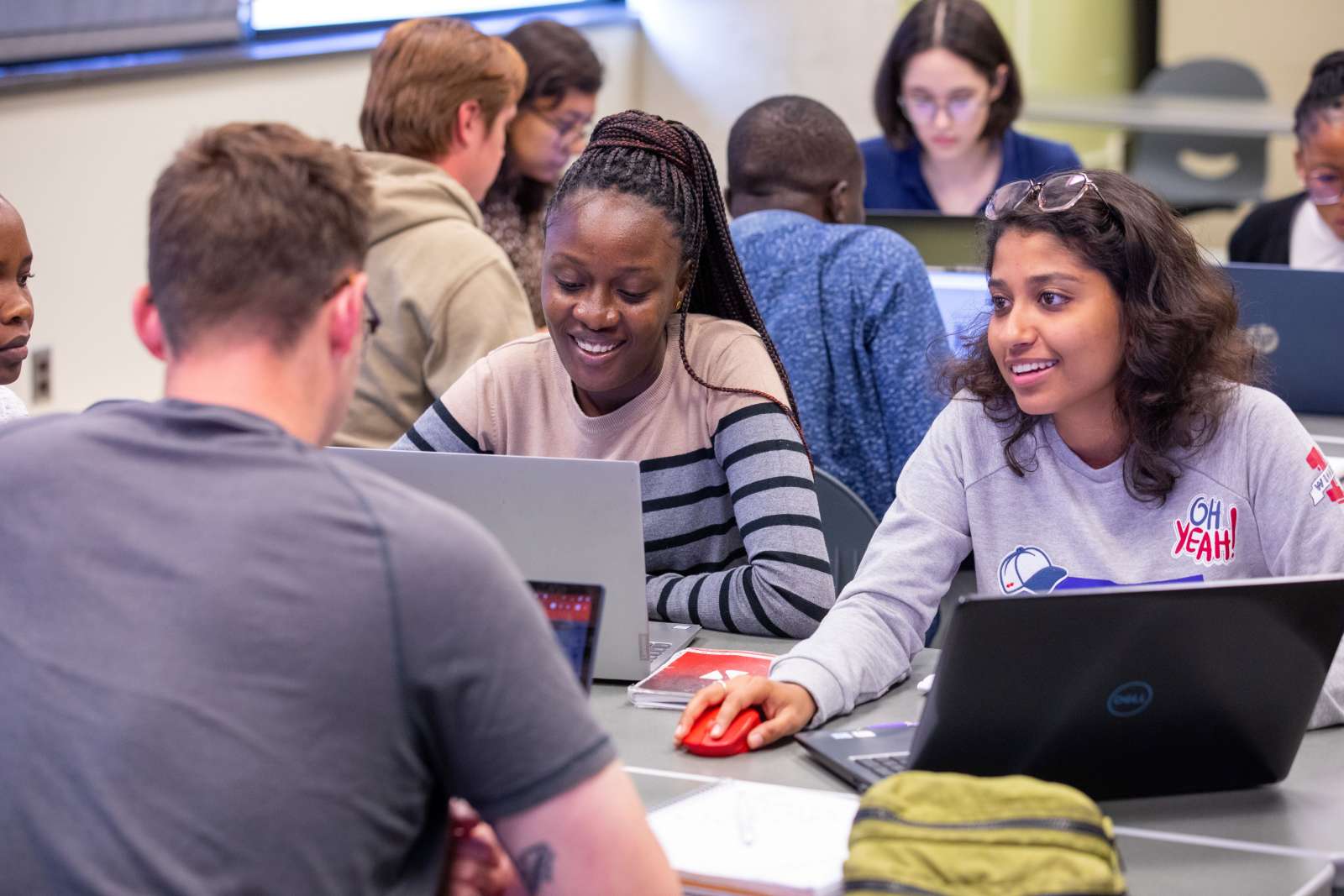Financial Aid
Financial assistance can be a crucial part of attaining an advanced degree. Iowa State University is aware of this need and provides services to help you plan for graduate education expenses. The Office of Student Financial Aid is one resource that offers a wide variety of financial services to students, including the following:
- Counseling on methods of financing your education
- Informing you about on-campus and local employment opportunities
- Providing information on scholarships and other academic awards
- Providing consumer information on loans
Questions about financial assistance can be directed to:
Office of Student Financial Aid, 0210 Beardshear Hall, Ames, Iowa 50011, Phone: (515) 294-2223
Scholarships and Grants
If you are on an assistantship, you will receive a tuition award. In addition, the ISU Office of Student Financial Aid has listings of scholarships and grants available to all students, including those specifically intended for graduate students. The GPSS also offers Professional Advancement Grants.
Loans
ISU participates in the Federal Direct Stafford Loan programs. The Federal Direct Stafford Loan program is a student loan that defers the repayment of the loan until after the student graduates or enrolls less than half-time. Graduate students who complete a FAFSA (Free Application for Federal Student Aid), may be eligible for the Federal Direct Unsubsidized Stafford Loan. The Federal Direct Unsubsidized Stafford loan is not based on financial need and interest on the loan begins to accrue the day the loan is disbursed. Information can also be found about the Federal Graduate PLUS loan.
In order to apply for either loan, you must complete a FAFSA. The Federal Direct Unsubsidized Stafford Loan is not based on a credit review. The Federal Graduate PLUS loan does require a separate application and credit check; as a result the loan is not guaranteed.
Other Loan Information
More information is available on other loans through the Office of Student Financial Aid, Student Loans page.
The advisors in this office are dedicated to helping students effectively and responsibly understand their personal finances. They can assist students in the following areas
- effectively manage their money
- responsibly use students loans and debt
- understand their credit
- understand general topics related to personal finances







